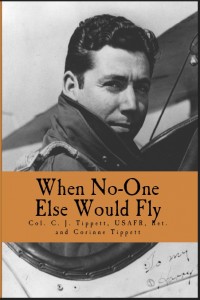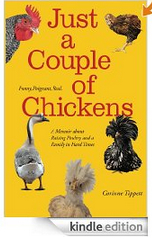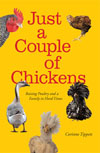
The Horned Lizard of Self Publishing, who is proud of her new tat, strongly recommends you read the Terms Of Service when you are self publishing a book.
Any discussion regarding how to self publish a book has to encompass the world of ebooks. And King of the World of ebooks is the Amazon Kindle.
Kindle has it’s own format, so as I turn my books into ebooks, I have to include Kindle in my plan.
As with all of the business aspects of self publishing a book, there’s a Terms of Service agreement somewhere in the mix – and a button called “I Agree” to press.
I read these terms of service every time… perhaps accounting for some of my red wine consumption by the end of the day. I was planning to discuss the more interesting bits of one of these agreements until I saw the clause expressly preventing me from making any public disclosures of any bits of the agreement.
Well, that’s a bummer!
Because many of the questions I had regarding how my eBook would work with Amazon’s Kindle Program are answered in there. So instead of publicly disclosing things regarding the agreement, I will ask questions and make free association comments, like poetry, that are random. And I’ll offer a common sense piece of self publishing advice: read the contracts carefully as you use any service to self publish a book.
Apropros of Nothing, I Say:
- Why are the eBooks I buy through the Amazon Kindle Program, especially the nonfiction how to eBooks, not packed chockfull of advertisements and promotions? I really appreciate the fact that they are not, but I’m somewhat surprised that they are ad-free.
- Who controls all that marketing and promotional stuff that happens on the Amazon site? Am I going to have to manage that? Because I can barely manage finding my car keys every day, and all that stuff looks complicated.
- The Kindle Lending Program is a super great deal for me as a customer, because I have enrolled in Amazon Prime. Mostly to watch all the videos and TV, like with NetFlix, but also to get the free two day shipping and access to the once a month lending library. But whassup with that Lending Library where it concerns MY eBook?
- If I could have three wishes from a genie, I would immediately wish for unlimited wishes… and then I would wish for access to the customer data and raw sales data for my book sales on Amazon.
- I wonder if it takes a couple of months for sales data to post to an Amazon Kindle Account?
- If it turns out that someone does not have the copyright to something they sell as an eBook, there are all kinds of dire things that can happen. Just sayin’.
Having read lots of terms of service agreements, I might say – if I were saying anything – which I am not… that one of them I recently read was pretty clearly written, and worth reading. And I appreciate that, because some of them, like anything related to Bank of America, for instance, are truly awful.
Happy Reading!









